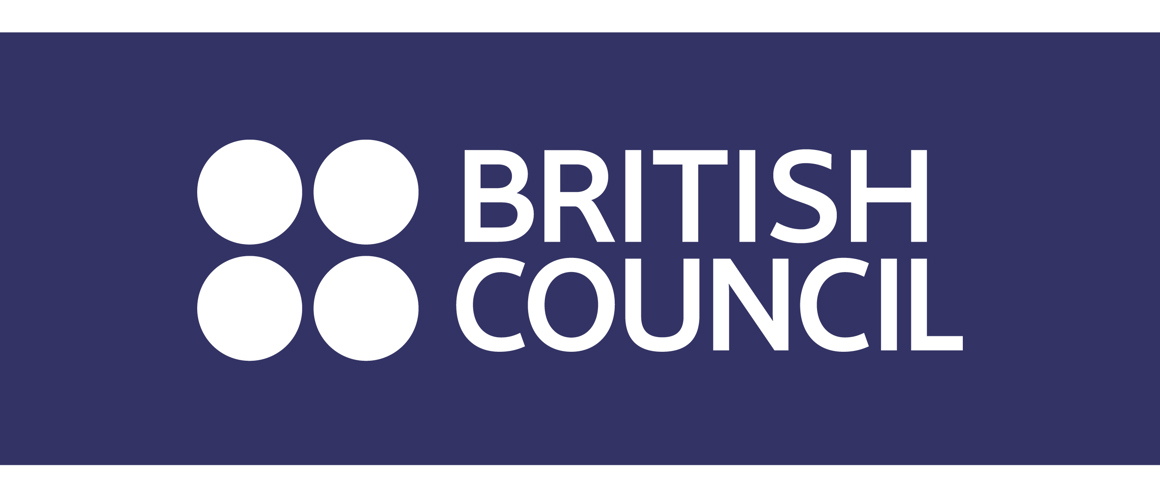Forth Valley College has been awarded £25,000 in funding from the British Council’s Going Global Partnership, to collaborate with a South African college on a renewable energy project.
The British Council is an organisation specialising in international cultural and educational opportunities. It works in over 100 countries promoting a wider knowledge of the United Kingdom and the English language, as well as encouraging cultural, scientific, technological and educational cooperation with the UK.
The College’s partnership will be with one South African (SA) institution, as part of a wider initiative involving four projects (four UK and four SA each working 1:1) and forming part of the Going Global Partnerships programme.
FVC, internationally recognised as a technical and vocational education and training (TVET) institution, recently applied for a partnership opportunity through the prestigious British Council who were looking for a UK-based skills provider to collaborate for a full year, with either Northern Cape Rural TVET College or Nkangala TVET College in South Africa, with a focus on the renewable energy sector, and in particular, hydrogen fuel cell technology.
The College recently found out they were successful after a competitive and detailed application process, which saw FVC highlight its leading industry partnership credentials with bespoke hydrogen projects company Plus Zero based on the Isle of Harris, Heriot-Watt University, the UK Hydrogen Skills Alliance (which FVC recently became members of), and Drager Safety UK.
FVC will aim to deliver and share knowledge and expertise on curriculum development and employer engagement in the area of clean energy technologies, in particular, hydrogen fuel cell technology, and will collaborate with the South African college to deliver a jointly developed action plan. Reciprocal visits to the college will also be undertaken.
Kenny MacInnes, Principal of Forth Valley College, said: “A lot of hard work has gone into this application, and we are delighted to have been awarded the funding to allow us to share our expertise and best practice in the field of renewable energy. We can’t wait to get started working alongside our new College partners in South Africa.”
Jamie Allan, FVC’s Global Partnerships Manager, said: “To be successful in my first funding application since starting in this role, and with the blessing of potential industry partners for the project which I’ve established relationships with, is a great feeling and also testament to FVC’s wider strengths, which attracted acclaim from the British Council.
“The achievement of securing this project is known to be a catalyst and stepping stone for other larger tenders and funding opportunities globally, such as with the likes of regional development banks. Therefore, I’m extremely excited to start working on the project with the British Council and our South African college partners, with the expertise of our industry partners where required, to deliver a successful outcome in such a critical field for the South African energy skills landscape.”
Elspeth Utterson, TVET Consultant from the British Council, said: “We are proud to fund this valuable partnership harnessing shared expertise in hydrogen fuel cell technology to drive sustainable skills development and green innovation. We look forward to working closely with Forth Valley College and South African partners to build capacity, foster knowledge exchange, and support a just transition to a low-carbon economy through inclusive, future-focused education.”
British Council international skills partnerships bring together organisations in the TVET sector from the UK and overseas to share their knowledge and expertise, and to collaborate on projects that focus on enhancing approaches to skills development internationally.
Since 2009, British Council, has delivered over 200 partnership projects linking UK further education colleges to over 40 countries. These partnerships have brought together experienced organisations in the UK skills sector and one or more counterparts in other countries to develop and deliver an agreed project plan that supports national level policy priorities related to skills development and employability, such as embedding soft skills development in curricula; improving employer engagement; quality assurance; development of joint curricula; and career guidance programmes.
Partnerships are supported financially by the British Council to deliver projects, typically funded for one year with a view to becoming self-sustaining thereafter.
Participating organisations benefit in a number of ways, from improving their offer to learners and building staff capacity, to gaining exposure to new markets and raising their reputation.
The development of a thriving low carbon hydrogen sector is an important priority for the governments of South Africa and the UK and they share a skills gap challenge in this nascent field.
The British Council teams in the UK and in South Africa will provide ongoing advice and guidance throughout the partnership to help facilitate communication and deliver maximum benefit. We will also share relevant British Council tools and materials to support the project activities.
Going Global Partnerships builds stronger, more inclusive, internationally connected higher education (HE) and technical and vocational education and training (TVET) systems.
Through international partnerships, system collaborations and opportunities to connect and share, GGP enables stronger transnational education, more collaborative research, higher quality delivery, enhanced learner outcomes and stronger, internationalised, equitable and inclusive systems and institutions.
Going Global Partnerships help to strengthen higher education and TVET in five core areas:
- Enabling research – supporting research, knowledge and innovation collaborations to address local and global challenges and promote inclusive growth.
- Internationalising higher education and TVET – supporting systems, institutions and individuals to benefit from internationalisation, including enabling transnational education and system alignment.
- Strengthening systems and institutions – improving the quality and efficiency of higher education and TVET institutions and systems.
- Enhancing learner outcomes – addressing the qualities of the global graduate, including soft skills, employability and community outcomes.
- Increasing equality, diversity and inclusion – making higher education and TVET more accessible, equitable and accountable.



